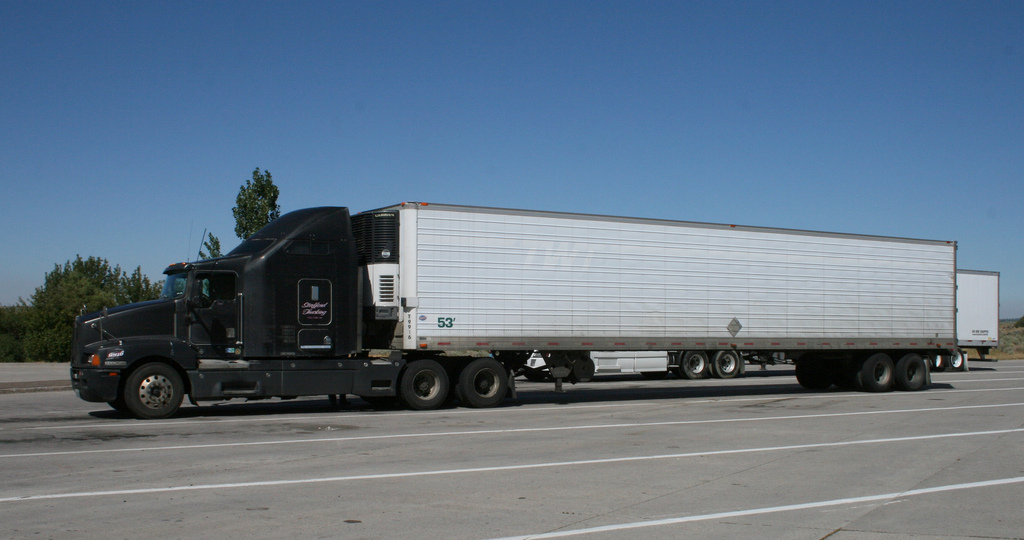 NEWS
NEWS
 NEWS
NEWS
 NEWS
NEWS
Uber Technologies, Inc. has acquired self-driving truck startup Otto in a move that will expand its self-driving vehicle ambitions.
Although the purchase price was not officially disclosed, reports claim the figure came in at more than $680 million and included earn-outs on future profits from the company.
Founded by former Google engineer Anthony Levandowski and launched out of stealth in May this year, Otto initially released a dispatch platform for trucks, but is working on self-driving technology that can be fitted into existing trucks that allow drivers to automate driving on a highway.
As the company explains in a post to Medium:
At Otto, we believe that drivers shouldn’t have to choose between safety and earnings. Our self-driving trucks will allow drivers to rest while their truck is moving, and our platform will ensure drivers can easily find loads and are paid fairly.
As part of the deal, Levandowski will lead Uber’s combined self-driving efforts.
“Together, we now have one of the strongest autonomous engineering groups in the world; self-driving trucks and cars that are already on the road thanks to Otto and Uber’s Advanced Technologies Center in Pittsburgh,” Uber Chief Executive Officer and Founder Travis Kalanick said in a blog post. “The practical experience that comes from running ridesharing and delivery services in hundreds of cities; with the data and intelligence that comes from doing 1.2 billion miles on the road every month.
The acquisition of Otto presents opportunities to Uber on multiple fronts including the obvious talent pool they’ve now purchased. Along with Levandowski comes Lior Ron, who, before joining Otto, was head of product at Google Maps. Uber is currently in the process of spending $500 million to build an alternative to Google Maps, and now all of a sudden it has gotten one of its former main employees working for them.
Otto’s technology has the potential to revolutionize the trucking business and become a potentially massive cash cow for Uber in the future, and Uber is on record saying that while they will be combining efforts with their existing push into self-driving vehicles the self-driving truck development will remain ongoing as well.
“The fact that new entrants from Silicon Valley are targeting what has been a historically low-margin, highly fragmented, highly cyclical industry is testament to the transformative power of intelligent trucks in our view and is a parallel to what has been playing out in the passenger car industry in the past few years,” Morgan Stanley Research analyst Ravi Shanker wrote in a note to clients.
It all makes for an interesting buy that, on paper at least, can only do good things for Uber at a time when they are currently preparing to deploy their first fleet of self-driving vehicles to the streets of Pittsburgh.
Otto’s head office in San Francisco will remain but become a research and development facility for Uber.
Support our mission to keep content open and free by engaging with theCUBE community. Join theCUBE’s Alumni Trust Network, where technology leaders connect, share intelligence and create opportunities.
Founded by tech visionaries John Furrier and Dave Vellante, SiliconANGLE Media has built a dynamic ecosystem of industry-leading digital media brands that reach 15+ million elite tech professionals. Our new proprietary theCUBE AI Video Cloud is breaking ground in audience interaction, leveraging theCUBEai.com neural network to help technology companies make data-driven decisions and stay at the forefront of industry conversations.